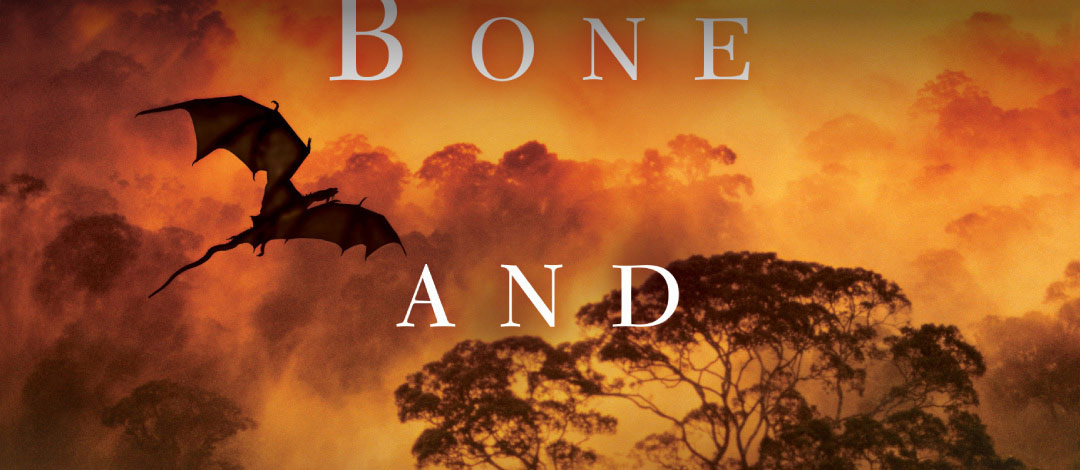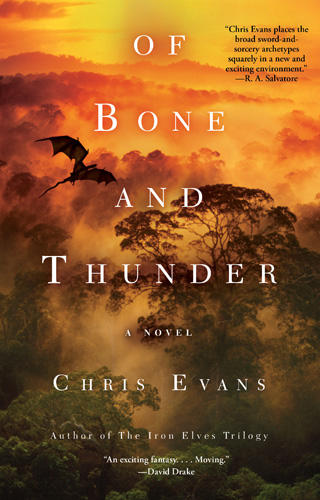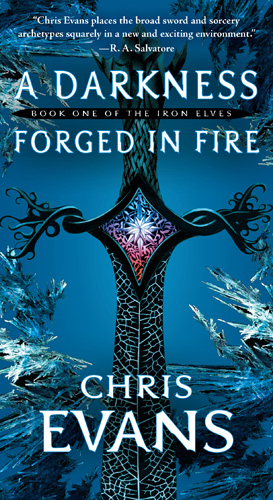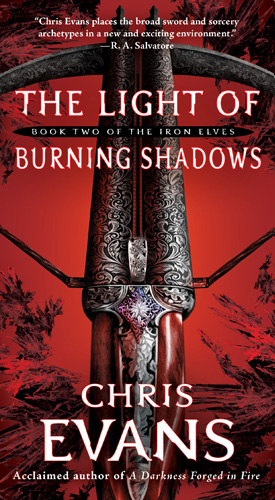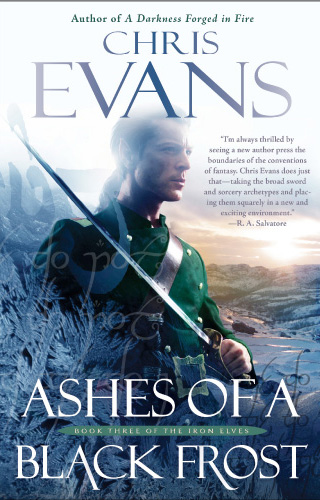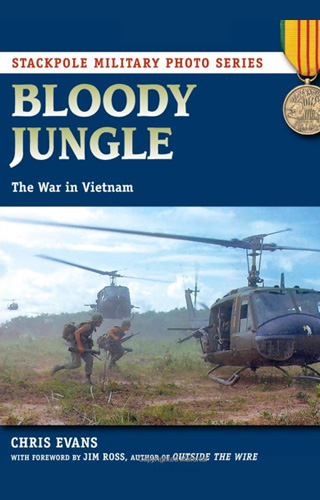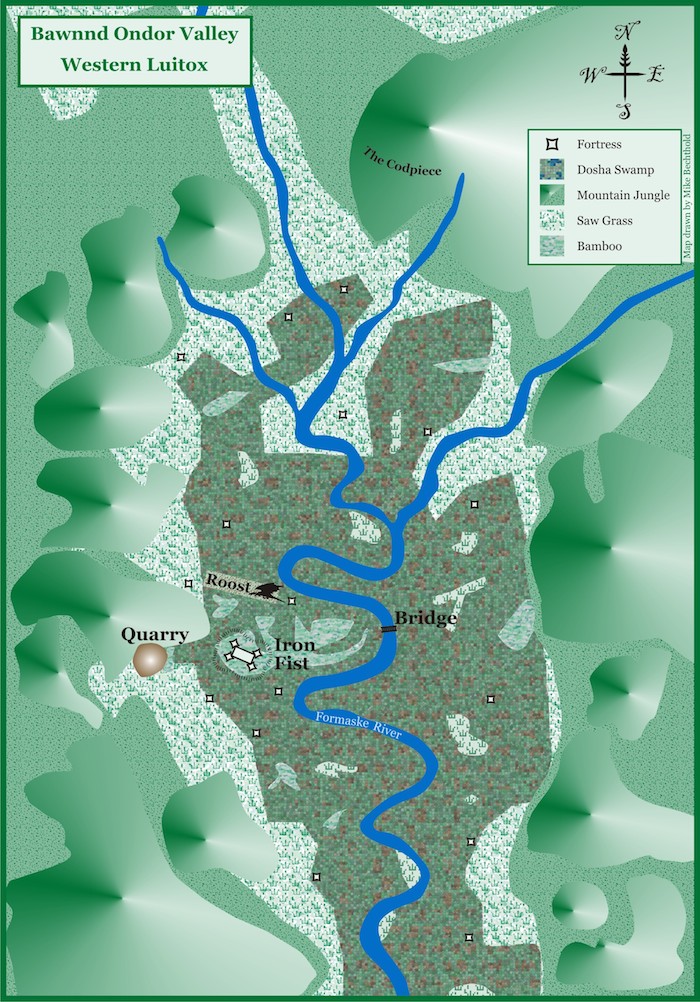I had a terrific time at the convention. I was tempted to try to mention everyone I met, but I know I’d forget a few names…so I decided what the heck and will attempt it anyway, albeit in broad, sweeping terms:
Thanks to very kind and generous staff of the Green Room. They kept it well stocked with drinks and snacks for authors in need a respite between panels. The coffee was hot, the bottled water ice cold, and the mini-bagels delicious. I don’t know if everyone is aware of this, but often at Cons there will be a Green Room where those participating on panels can go and hang out and fuel up. It’s one of the perks of participating. Not that I agreed to be on panels for the mini-bagels…not entirely.
Authors…yeah, the place was thick with them. Here’s just a few that left a very positive impression on me: Ruth Lampri, Janine Spendlove, David Sherman, Robert Waters, Myke Cole, Peter V. Brett, Michael J. Sullivan, Roy Klein, Jeff Young, Nicole L. Bates, Bernard Dukas, Jon Sprunk, D.H. Aire, Compton Crook winner TC McCarthy, last year’s Compton Crook winner James Knapp…oh, and musician and podcaster John Anealio and bloggers/reviewers Mel Hay, Jennie Ivens of Fantasy Faction, and Justin…I can’t remember his last name right now, but when I do I’ll come back and add it.
I have yet to try CosPlay, but one of these years I will dress up. As what I have no idea. Any thoughts?
Went to a fascinating panel on the Rossi X-Ray Timing Explorer and learned a ton about neutron stars which I have pretty much forgotten again. For a brief moment in time, however, I had my Sheldon on.
And lest you think I was sponging off the hospitality of the nice folks at Balticon without giving back, I participated on panels on Guns in Fantasy, The Walking Dead, Alternate History, The Fantasy of Physics and the Relationship between Fantasy and Historiography. And I did a reading with the very funny Janine Spendlove (also a Marine Corps Hercules pilot) and the exceptionally charming Ruth Lampri who is also a terrific artist. Oh, and did I mention I gave blood, too? Thanks to nurse Shequoia for making it relatively painless.
It was a long weekend, but a wonderful break from NYC and a chance to connect with a lot of fantasy people. Next up is probably Comic Con (NYC, don’t think I’ll make it to San Diego) and possibly the con coming up in Toronto this fall.
